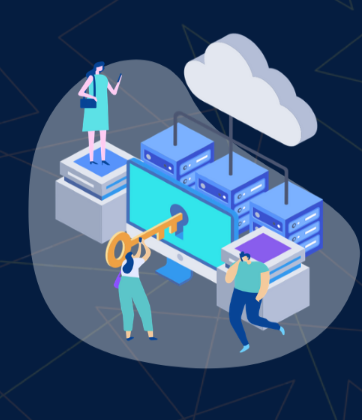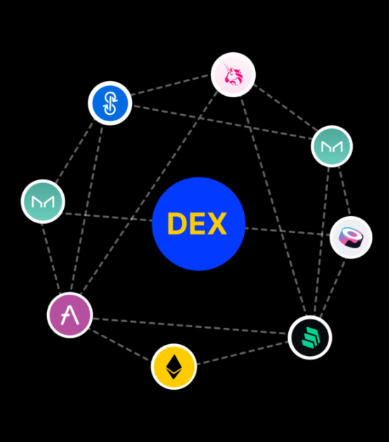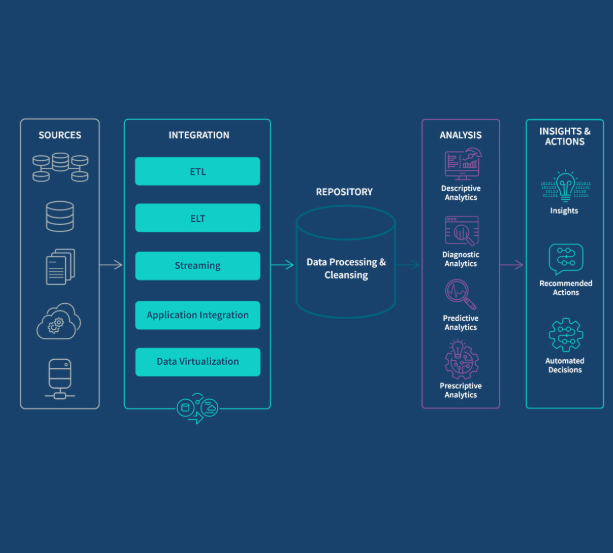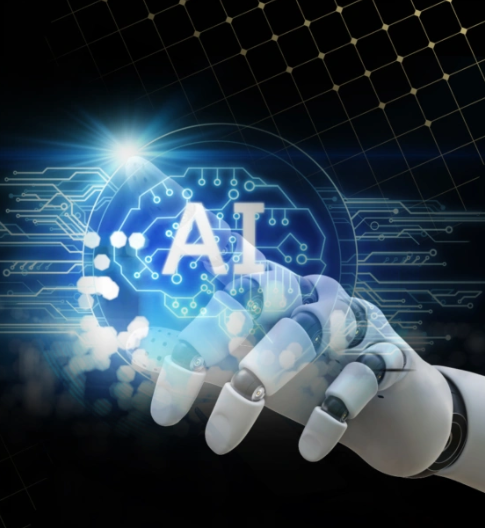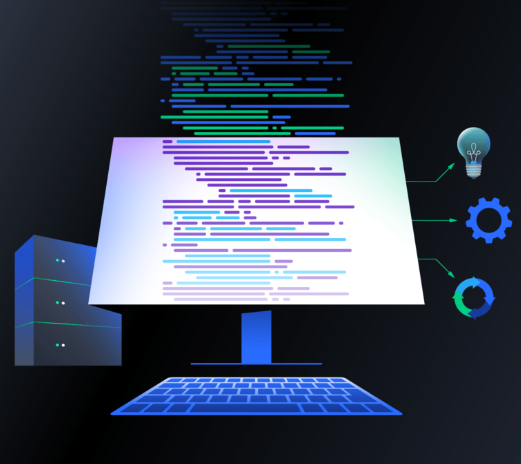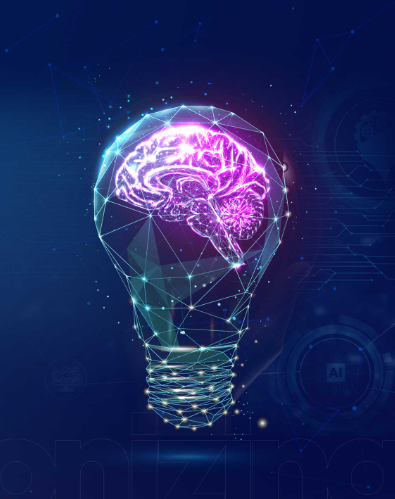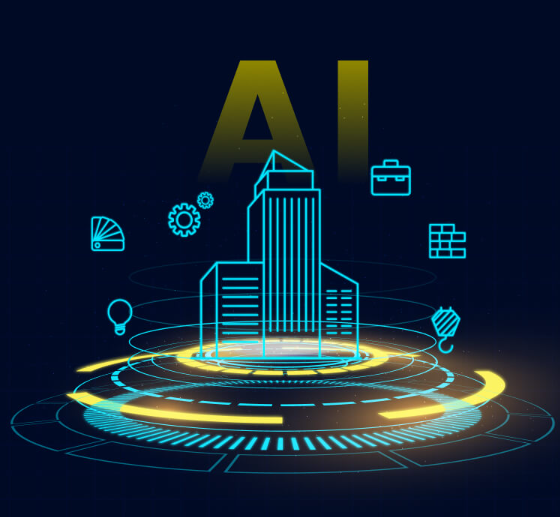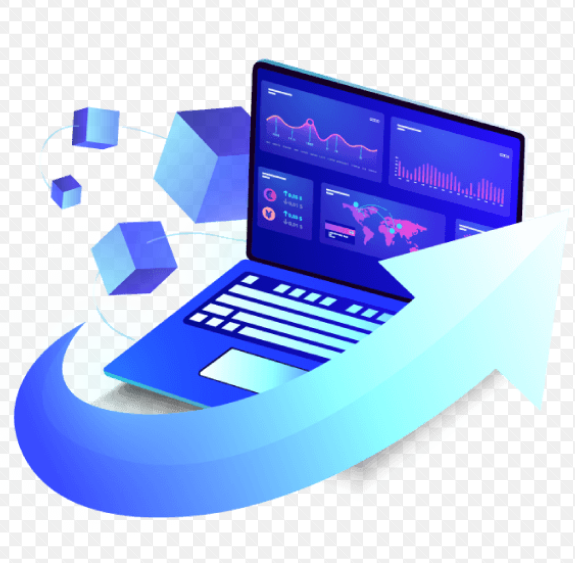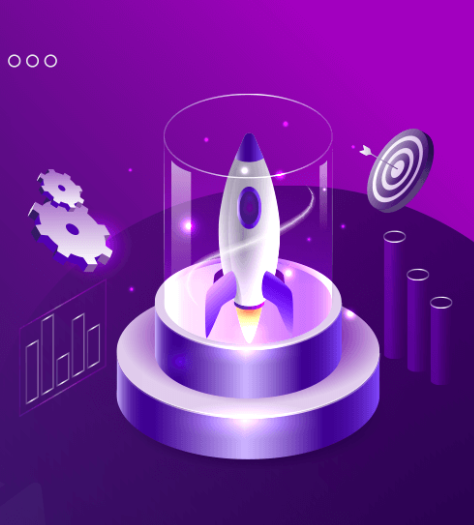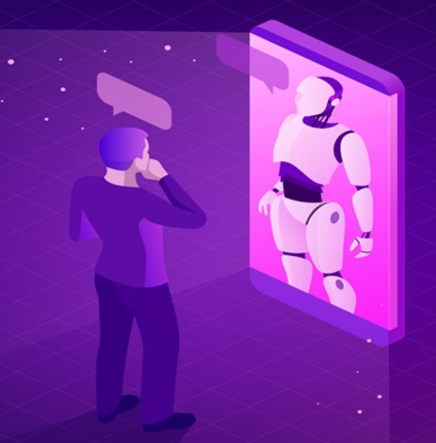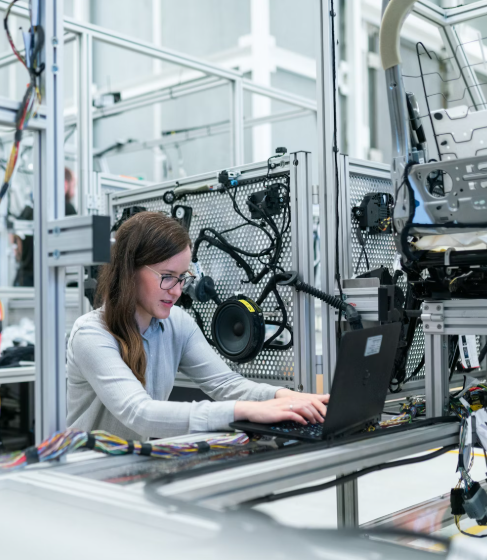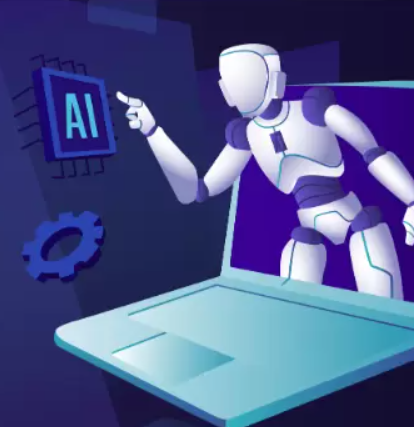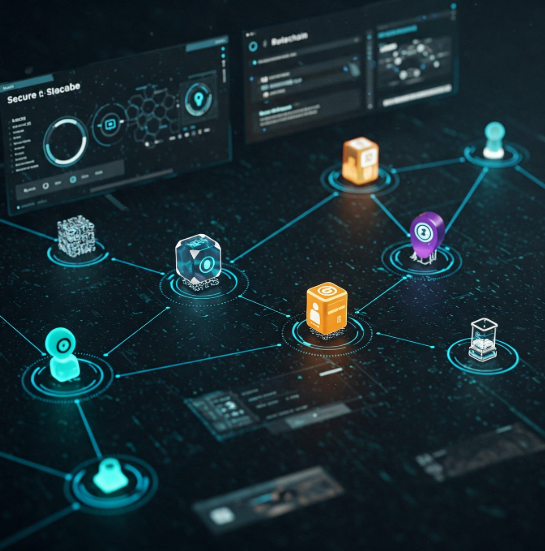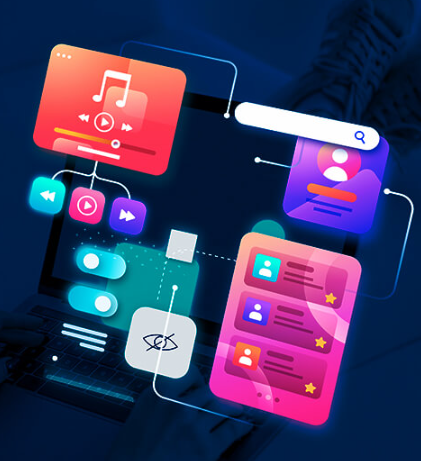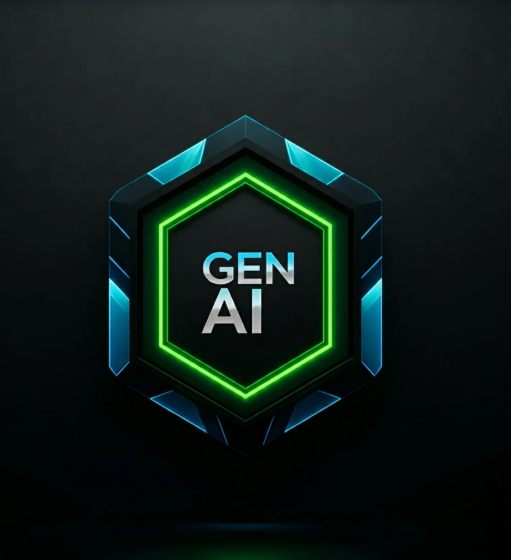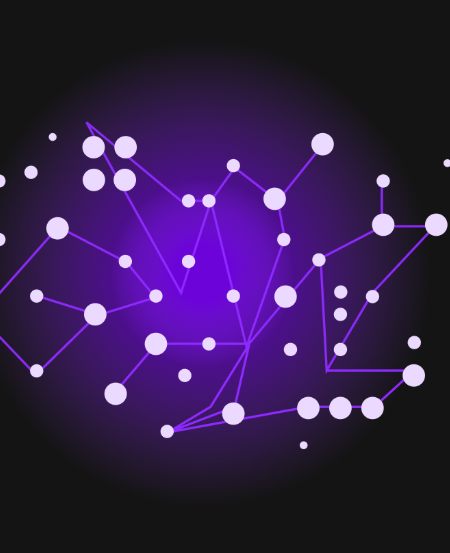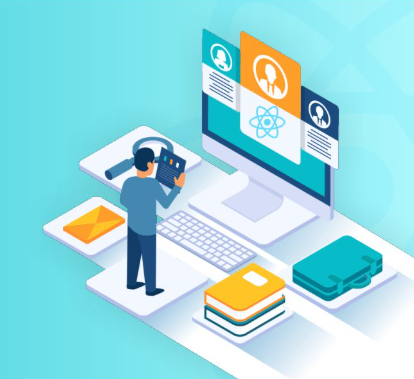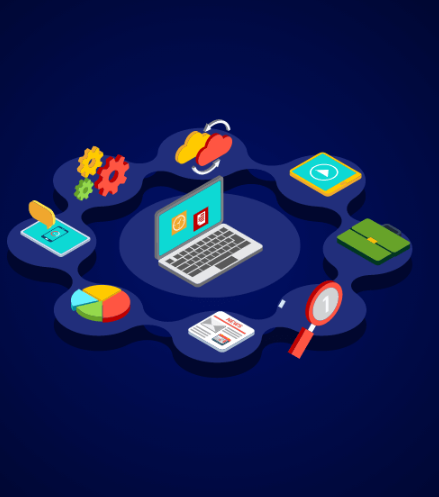
In today’s data-driven world, companies face a constant challenge: extracting actionable insights from overwhelming amounts of information. Traditional research methods—slow, manual, and resource-intensive—are no longer enough. Enter AI-powered research assistants, intelligent systems that streamline analysis, uncover hidden trends, and accelerate decision-making like never before.
What Are AI Research Assistants?
AI research assistants are advanced tools that automate data collection, processing, and interpretation. Unlike static software, they continuously refine their methods using machine learning, adapting to new data and user feedback. Their applications span industries, from healthcare to finance, making them indispensable for competitive intelligence and strategic planning.
How AI Research Assistants Work
- Automated Data Gathering
AI tools scan diverse sources—academic databases, market reports, news articles—to compile relevant information, reducing the time spent on manual searches. - Smart Analysis
Using natural language processing (NLP), these systems identify patterns, relationships, and anomalies in raw data, delivering structured insights. - Actionable Reporting
The AI synthesizes findings into digestible summaries, dashboards, or recommendations, enabling faster, data-backed decisions. - Continuous Improvement
Over time, AI assistants refine their accuracy and relevance based on user interactions, ensuring increasingly precise results.
Key Applications Across Industries
- Healthcare & Pharma
AI accelerates drug discovery by analyzing clinical trials, medical literature, and patient data, shortening research cycles by years. - E-Commerce & Retail
Competitive intelligence tools track pricing shifts, product launches, and customer sentiment in real time, helping brands stay ahead. - Legal & Compliance
Automated systems monitor regulatory changes, flagging updates that impact businesses and streamlining compliance workflows. - Academia & R&D
Researchers leverage AI to review scientific papers, identify gaps in studies, and generate comprehensive literature summaries.
The Tangible Benefits
- Speed & Efficiency – Tasks that once took weeks now happen in hours, freeing teams for high-level strategy.
- Cost Reduction – Automation slashes expenses tied to manual research and data processing.
- Precision & Scalability – AI handles vast datasets with minimal errors, uncovering insights human analysts might miss.
Looking Ahead
As AI research assistants evolve, their role in business intelligence will only grow. Future advancements may include deeper contextual understanding, predictive analytics, and seamless integration with other AI-driven tools. Companies adopting this technology today will lead their industries tomorrow—turning data chaos into clear, competitive advantages.
Interested in how AI can revolutionize your research processes? The future of intelligent analysis starts now.


